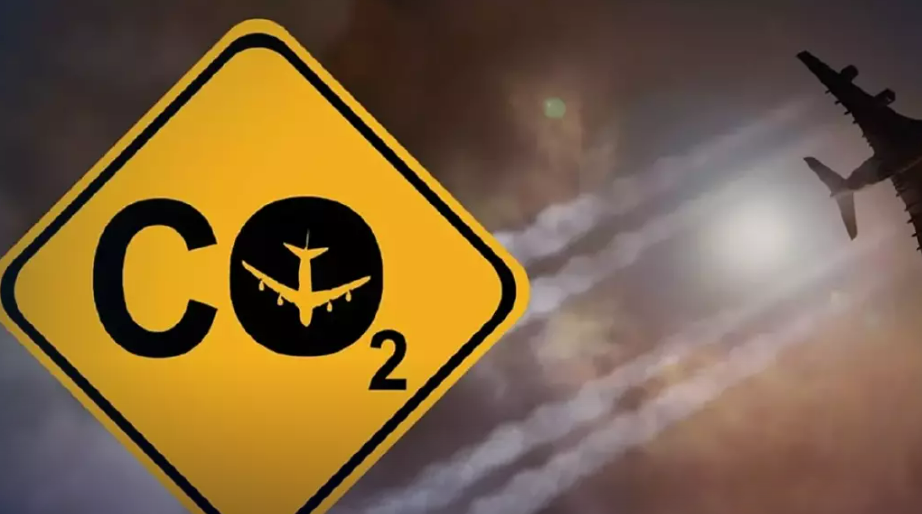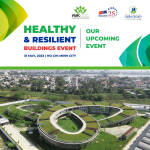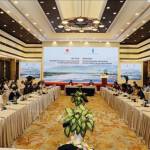
An ambitious flight path to net-zero carbon emissions in the global aviation industry was plotted in Bangkok this week.
The forum on “Sustainable Aviation Fuel” was held by the US-Southeast Asia and Pacific Aviation Cooperation Programme (SEAP ACP) and joined by experts and government officials.
Sustainable aviation fuel (SAF) is the cornerstone of efforts to achieve carbon neutrality in global aviation by the year 2050, a goal agreed in 2021 by world airlines under the International Air Transport Association (IATA).
SAF reduces emissions of CO2, the main greenhouse gas responsible for global warming, by up to 80%, according to IATA.
Flying is a major contributor to environmental breakdown, accounting for 2.5% of global greenhouse gas emissions and 3.5% of global warming, according to the Our World in Data website.
Meanwhile, ongoing growth of the aviation industry is resulting in higher greenhouse gas emissions, Transport Ministry deputy permanent secretary Soraphong Phaitoonpong noted at Monday’s forum.
The US-Asean forum was held as part of Thailand’s international commitment to achieve a carbon-neutral economy by 2050, he said.
The country has also committed to a goal of net-zero greenhouse gas (GHG) emissions by 2065.
These efforts are embedded in Thailand’s 20-year transport development strategy (2018-2037), Soraphong added.
The country’s action plan to reduce GHG in aviation was endorsed by the International Civil Aviation Organisation (ICAO) in October last year. It includes steps to achieve carbon neutrality by 2050, he said.
Soraphong said Monday’s forum would serve as a platform for international cooperation to reduce emissions and reach the carbon neutral goal in 27 years.
(The Star)




